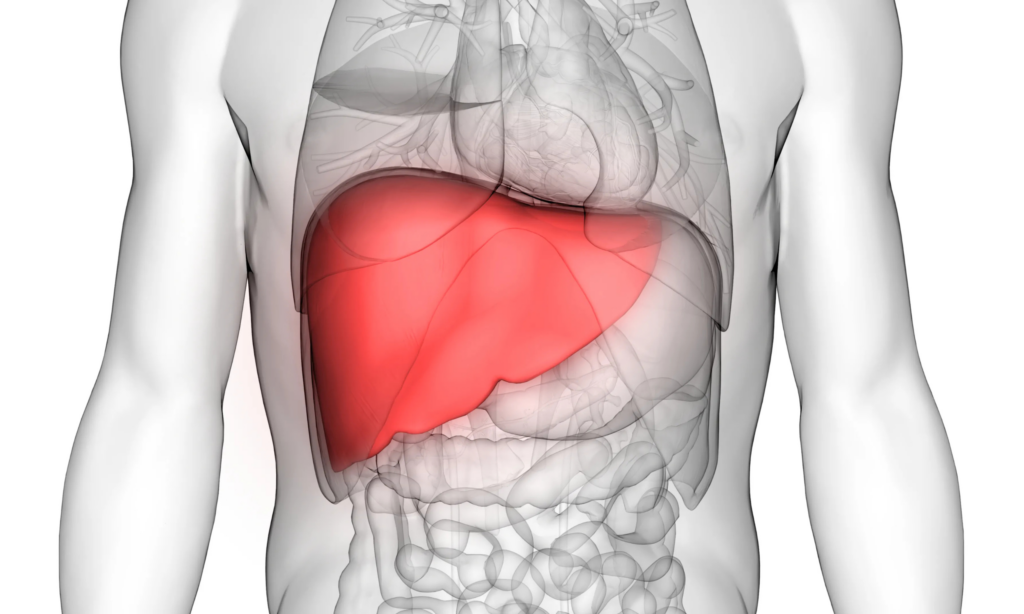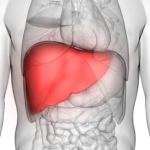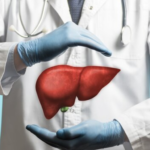
Liver transplantation is a life-saving procedure recommended for patients with severe liver disease when other treatment options are no longer effective. The liver is a vital organ responsible for numerous essential functions, including detoxification, metabolism, and protein synthesis. When liver function declines significantly, a transplant may be the only solution. Dr. Prasad Bhate, a renowned gastroenterologist and liver specialist in Baner, Pune, offers expert consultation and advanced treatment options at Dr. Prasad Bhate’s Gastro Liver Clinic. If you are looking for a trusted gastroenterologist in Baner or a liver specialist in PCMC, understanding whether you or a loved one may need a liver transplant is crucial.
What is a Liver Transplant?
A liver transplant is a surgical procedure that involves replacing a diseased liver with a healthy liver from a living or deceased donor. This procedure is considered for individuals with end-stage liver disease or acute liver failure when the liver can no longer perform its necessary functions.
Common Conditions Leading to Liver Transplantation
Several conditions can cause severe liver damage, ultimately leading to the need for a transplant. The most common indications include:
1. Cirrhosis
Cirrhosis is a late-stage liver disease characterized by extensive scarring (fibrosis) that affects liver function. Some of the most common causes of cirrhosis leading to liver failure include:
- Chronic Hepatitis B and C: Long-term infection with hepatitis B or C viruses can lead to cirrhosis and liver cancer.
- Alcoholic Liver Disease: Excessive alcohol consumption over time damages liver cells, leading to inflammation and scarring.
- Non-Alcoholic Fatty Liver Disease (NAFLD): A condition caused by fat accumulation in the liver, often linked to obesity and diabetes.
- Autoimmune Hepatitis: A condition where the immune system attacks the liver, causing inflammation and damage.
- Primary Biliary Cholangitis (PBC) and Primary Sclerosing Cholangitis (PSC): Chronic diseases that damage the bile ducts, leading to liver failure.
2. Acute Liver Failure (Fulminant Hepatic Failure)
Acute liver failure occurs suddenly and is often life-threatening. Common causes include:
- Drug-induced liver injury (e.g., acetaminophen overdose)
- Viral hepatitis (Hepatitis A, B, or E in some cases)
- Toxins, such as certain herbal supplements or poisons
- Autoimmune diseases or metabolic disorders
When acute liver failure develops rapidly, immediate medical intervention is necessary, and liver transplantation is often the only viable treatment.
3. Liver Cancer (Hepatocellular Carcinoma – HCC)
Liver transplantation is a treatment option for patients with hepatocellular carcinoma (HCC), the most common type of liver cancer. If the tumor meets specific criteria (such as the Milan criteria), a liver transplant can remove both the cancer and the underlying liver disease, preventing recurrence.
4. Genetic and Metabolic Liver Diseases
Several inherited and metabolic disorders can cause liver damage, necessitating a transplant. These include:
- Wilson’s Disease: A condition where excess copper builds up in the liver and other organs.
- Hemochromatosis: A disorder that leads to iron overload and subsequent liver damage.
- Alpha-1 Antitrypsin Deficiency: A genetic disorder affecting liver and lung function.
- Glycogen Storage Diseases: Disorders affecting sugar metabolism in the liver.
5. Biliary Atresia (In Children)
Biliary atresia is a rare liver condition in infants where bile ducts are blocked or absent, leading to liver failure. It is one of the most common reasons for liver transplants in children.
Signs and Symptoms That Indicate the Need for a Liver Transplant
If you or a loved one have chronic liver disease, it is essential to recognize the signs that may indicate the need for a liver transplant:
- Severe jaundice (yellowing of the skin and eyes)
- Ascites (fluid buildup in the abdomen)
- Uncontrolled bleeding due to poor liver function
- Hepatic encephalopathy (confusion, memory loss, or coma due to liver failure)
- Severe fatigue and weakness
- Frequent infections
If you experience any of these symptoms, consult a liver specialist in PCMC like Dr. Prasad Bhate for a thorough evaluation.
Eligibility for a Liver Transplant
To be eligible for a liver transplant, patients undergo a comprehensive assessment, including:
- Medical history and liver function tests
- Imaging studies like MRI and CT scans
- Evaluation of heart, kidney, and lung function
- Psychological assessment to ensure mental preparedness
A multidisciplinary team, including gastroenterologists, transplant surgeons, and other specialists, determines the suitability for a transplant.
Summary:
A liver transplant can be a life-saving option for individuals with severe liver disease, liver cancer, or acute liver failure. Early diagnosis and timely intervention play a crucial role in successful treatment. If you or a loved one is experiencing symptoms of liver failure, consulting an experienced gastroenterologist in Baner is essential. Dr. Prasad Bhate, a leading gastroenterologist and liver specialist in Baner, Pune, provides expert care and comprehensive treatment options at Dr. Prasad Bhate’s Gastro Liver Clinic. Schedule a consultation today to discuss your liver health and potential treatment options.




